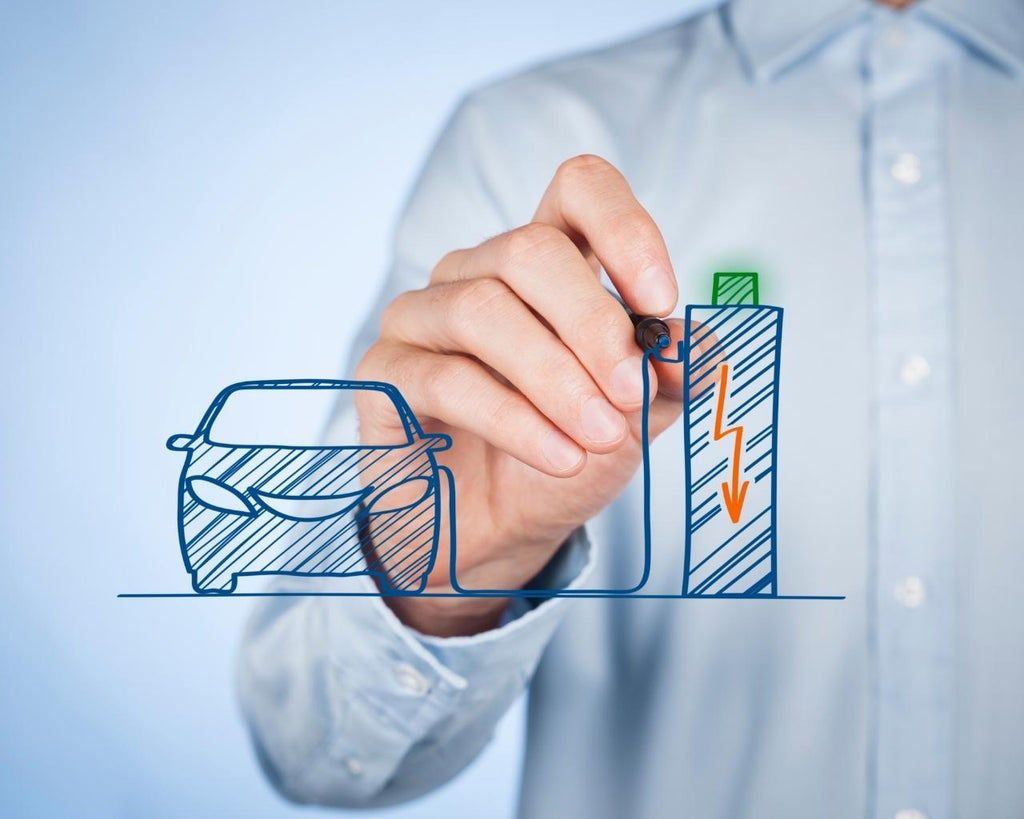Peddling Obsolete Level 2 EV Chargers
The EV market is relatively young, but as often happens with a rapidly developing industry the equipment quickly becomes obsolete. New technology, new features, and new form factors provide a better outcome for the owner as the market develops. This tendency also applies to EV chargers, in this case, Level 2.
If you are buying a car today or expecting one soon, then your EV will come with a larger battery and/or faster charging time. If given a choice, most customers would want the newest EV charger technology, not the oldest!
Unfortunately, suppliers, the media, and industry stakeholders are not educating customers, so there is a misconception that all Level 2 chargers are the same. The result is that buyers are wasting their money on obsolete Level 2 chargers and in some cases overpaying for equipment that only benefits the retailer.
So, here are some answers that might help you make the right purchase decision.
What Is Driving Obsolescence In the EV Charging Market?
It simply comes down to the cars. We have all heard about range anxiety as the biggest obstacle for most new EV buyers. To address this issue, manufacturers have been doing two things: offering larger batteries, and faster onboard charging. This translates into more batteries charging at faster rates.
To deliver on the expectation buyers have for EVs, chargers have to become smarter and more powerful. If the right charger is NOT married to the right EV, then you have a disconnect, which results in driver dissatisfaction, longer charging time, slower charging, and more.

What Is An Obsolete EV Charging Station?
Level 2 chargers come in all sizes and make. The chart below sets out six Level 2 charger sizes available on the market. Current EVs are being manufactured to accept 11.5kWs of power with some, like the Ford Lighting, Tesla, Porsche, and others accepting 19.2kWs per hour.

Today EV charger technology is such that with the right charger purchase you will get all the flexibility you need, now, and in the future.
Some 11.5kW and 19.2kW chargers have built-in speed control. Even if there was a technical reason why you needed a slower charger, getting one with speed control allows you to speed it up in the future as your situation changes. So, purchasing a slow charger, under 11.5kw and one without speed control, should be considered carefully!
Why are Retailers Peddling Obsolete Chargers?
To maximize profits! In some cases, not only are they peddling slower chargers, without basic features, but they are pricing these obsolete chargers for more money than faster, more robust chargers!
This practice is not limited to small retailers, those selling online, or some obscure websites overseas. Well-known retailers have built their whole EV charger business on this practice.

The bottom line is to do your homework, understand what you are purchasing, and keep in mind that most of the cost will be on installation. Even if you want to upgrade later, the installation expense will be a write-off unless you purchase the right charger from the start!
We always welcome your opinion! Leave us a comment below, we would love to know what you think. Help us improve EV charging awareness and share this article with your friends and colleagues!







Leave a comment